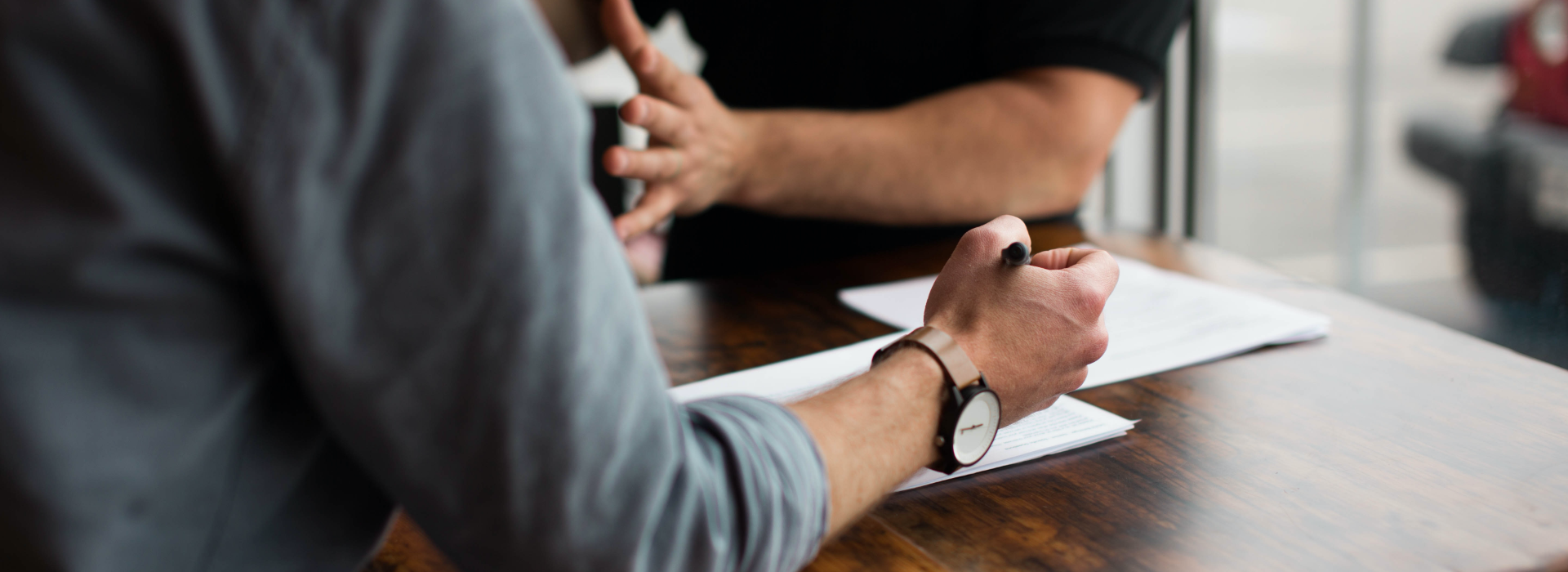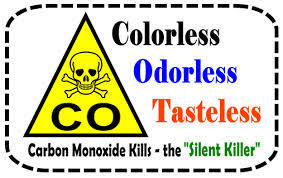A restaurant in northern California is at the epicenter of a recent food poisoning outbreak that has sickened 181 people with Shigellosis . The bacterial infection (shigella) is highly contagious and is spread by poor hygiene practices – specifically people who do not wash their hands after using the bathroom or changing a diaper. An infected person can also cross contaminate food which, in turn, will sicken anyone who ingests the contaminated food.
Shigellosis causes fever, abdominal pain, diarrhea, and in very rare cases, organ failure and death. Symptoms start within 1-3 days of exposure and typically last about 5-7 days. While not pleasant, most relatively healthy people bounce back from Shigella with no lasting effects. However, there are cases when a person’s symptoms are so severe they require hospitalization. In the recent case in California, 12 of the infected people had to be hospitalized, and some of those required intensive care.
Can the restaurant be held liable?
All businesses have a duty to provide reasonable care. In the restaurant context, “reasonable care” means that the restaurant has a duty to maintain a safe environment, produce safe products (i.e. meals) and eliminate unreasonable dangers. So, the simple answer is yes – a restaurant can be held liable for causing food poisoning.
However, the reality is proving restaurant liability and damages in a court of law is difficult. There are many outside factors which have to addressed, including:
- Can the exact strain of the bacteria be identified?
- Can that strain be tied back to the food in the restaurant or an employee?
- Is there a possibility the bacteria was contracted from another source?
- How severe were the symptoms?
- How much were the medical expenses and/or lost wages?
The majority of people sickened with food poisoning recover fairly quickly. They typically are not hospitalized and don’t miss much work. Aside from feeling horrible for a few days and making a few extra trips to the bathroom, they really are none the worse for wear. In most of these cases there is not enough damage or expenses to warrant the time and energy it would take to file a lawsuit against a restaurant.
In the recent California case, several lawsuits have already been filed and there may be more to come. This is due to the large number of cases – 181people sickened and 12 hospitalized. With such a large outbreak, the health department is now involved in identifying the bacteria (as of now 72 of the 181 cases are confirmed Shigella), tracing the bacteria to the restaurant, and even tying it to specific employees.
To keep yourself safe, learn about the most common types of food poisoning and how to prevent them. If you are sickened with a foodborne illness that causes severe symptoms, hospitalization, medical expenses, or lost wages – your best course of action is to contact an experienced personal injury attorney.









